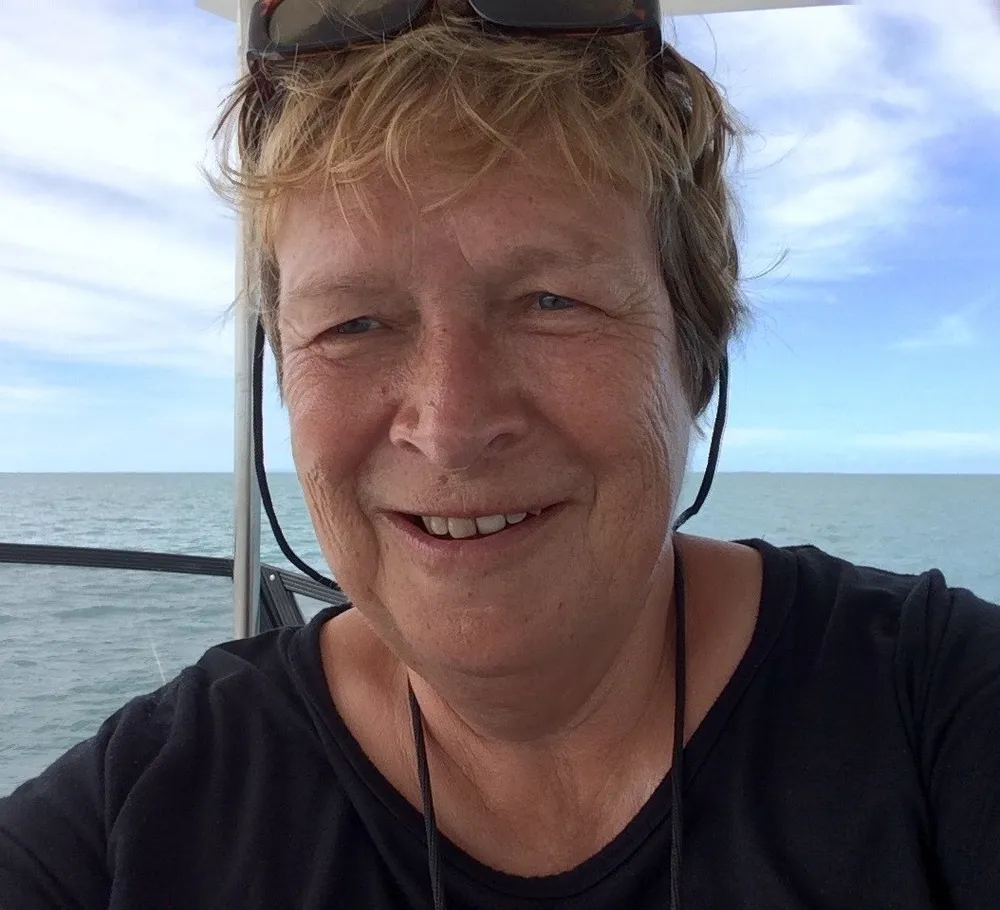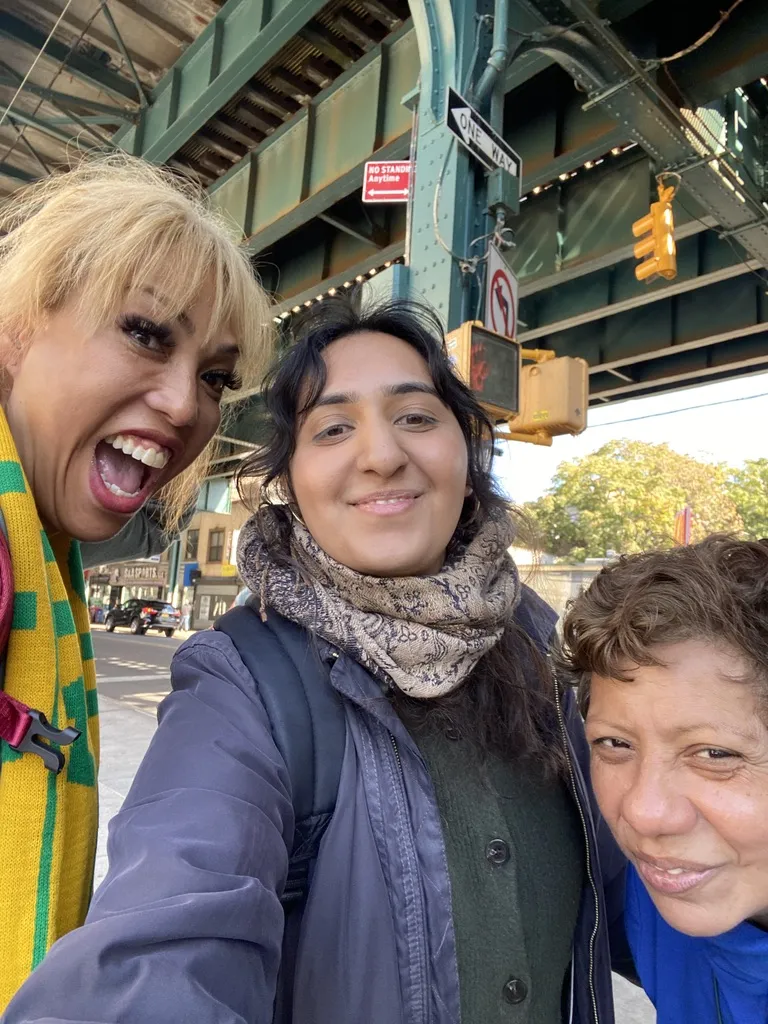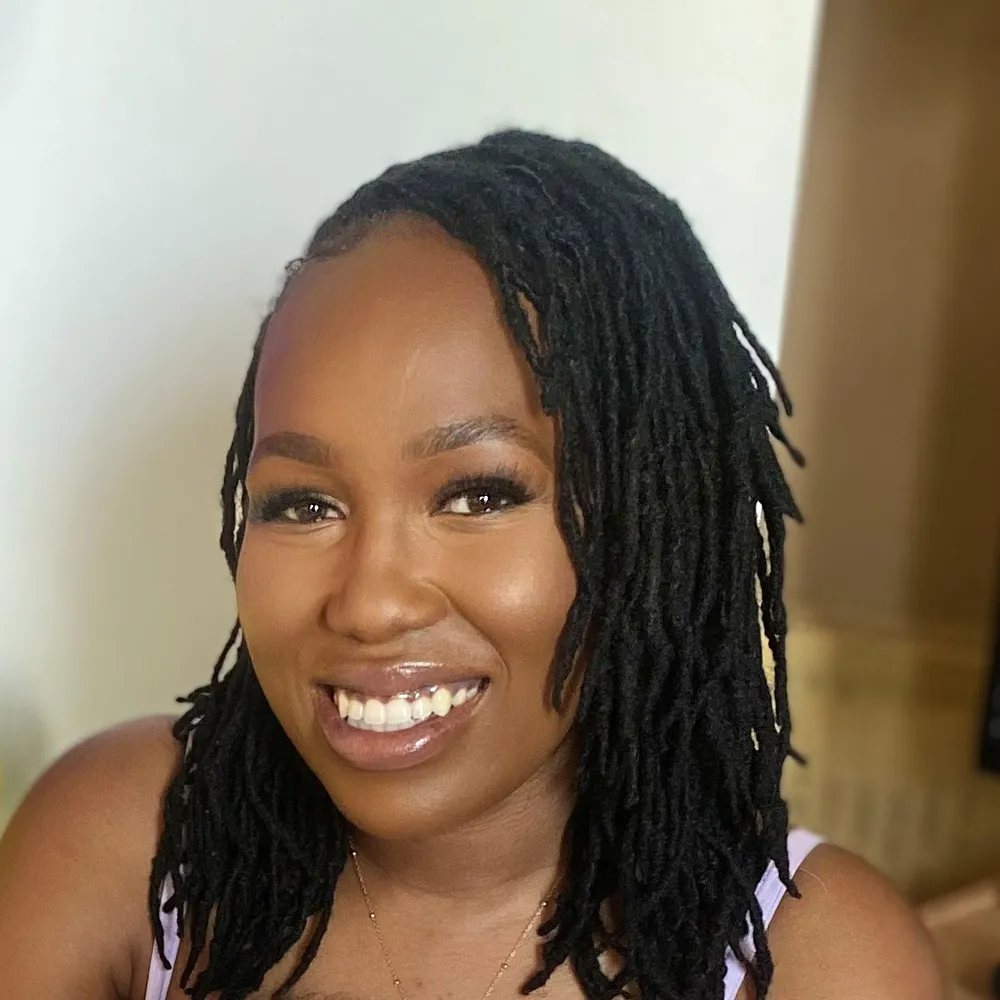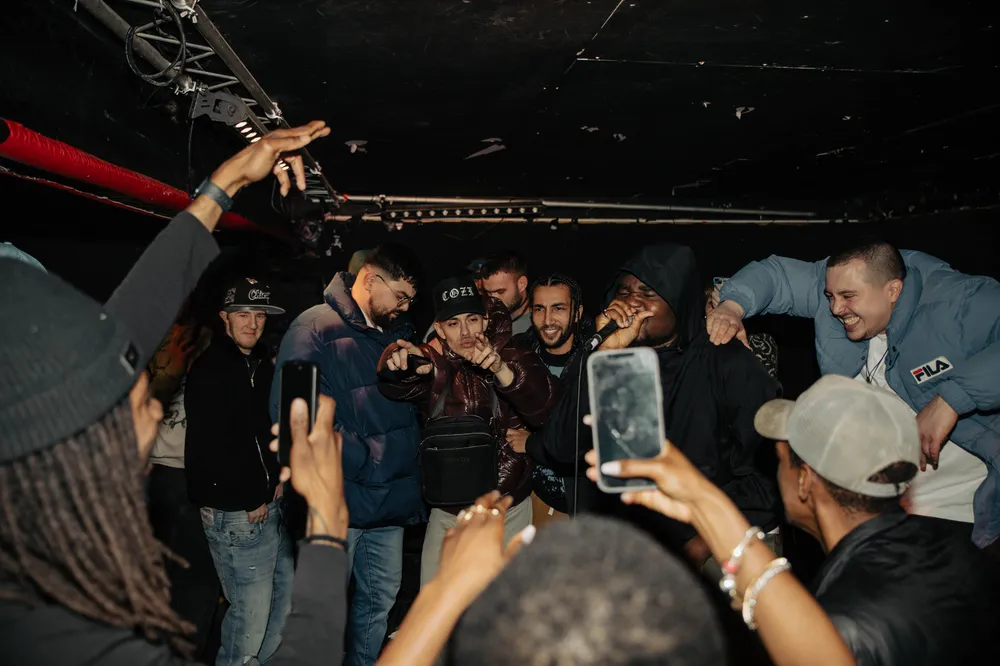Six weeks after Toni returned, Parliament voted to experiment with televising the Commons – the timing could not have been better. Because of her Fellowship experience and outside broadcast background, the BBC appointed Toni as their project manager to bring the experiment to life.
“One of the biggest hurdles for the BBC was calculating the cost, because we would be recording for hours. Another was where to broadcast from. The BBC’s Political Unit had been based in what is now Portcullis House, but then it was an old building, full of leaks, with buckets to catch the rainwater.”
Toni had to find a new location, and eventually alighted on Four Millbank, where news and current affairs broadcasters are still based today.
She also negotiated and supervised the digging up of the road and Victoria Gardens, to lay broadcast cables between Millbank and the Palace of Westminster. “I knew we had to get permission to build a duct under the road, so I brokered the deal for all the broadcasters. If broadcasters had had to rely on BT circuits, with the associated cost, it’s unlikely the experiment would have lasted.”
After seeing the birth of the televising of the Commons, Toni later moved to the BBC’s drama team, where she remained until she retired. Not one to rest on her laurels, she then went to university, graduating with a Masters in Communication.
Today, Toni is as passionate as ever about broadcasting, and is actively involved with campaigning for the UK to retain its unique public service broadcasting structure and culture, as a trustee of the Voice of the Listener & Viewer (VLV).
“The Fellowship has had an enormous influence on my career, taking me from being an on-the-ground working producer to management in the BBC. The opportunity the Fellowship gave me to see how other people work, led directly to me being asked to help televise debates in the House of Commons as well as live coverage of our MPs at work in the Committee Rooms.”









